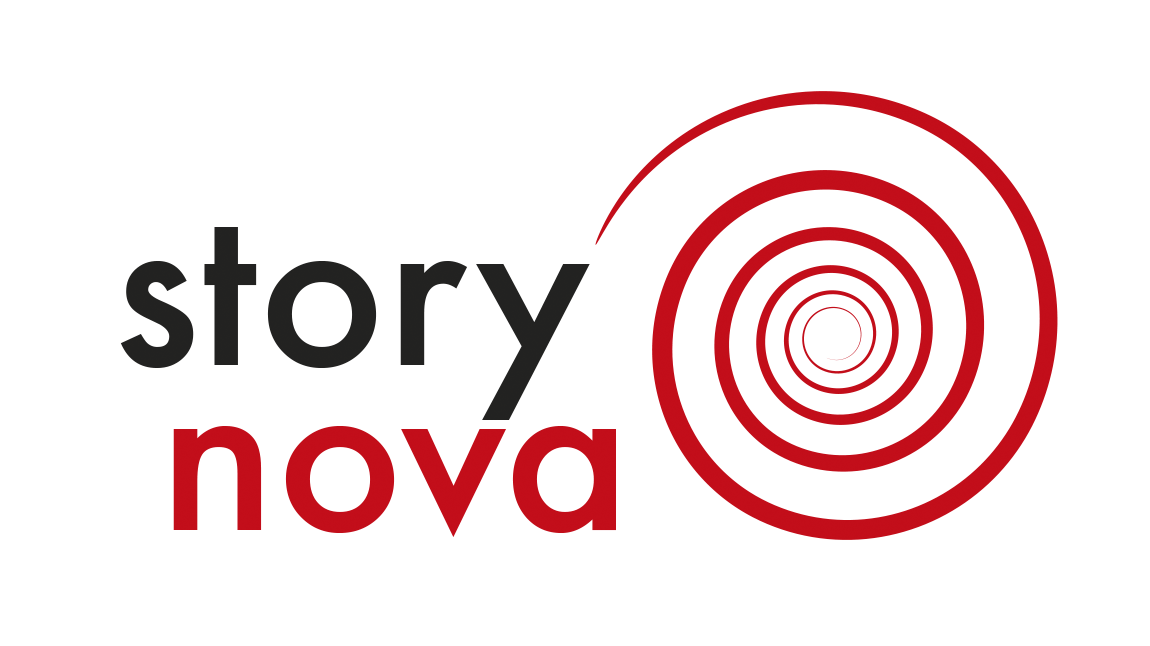I Am No Michelle Obama
When working to unite people, one of the most important stories we can evoke is called “Who are we?” An effective who-are-we story is grounded in commonly held values, inspiring a group of people to take action toward a shared goal.
The who-are-we story merits thought, and a detour to a time in my life when I wasn’t fully alert to the story’s implications.
When I was a college graduate living in New York City, I wanted to learn how political campaigns worked, so I volunteered for the Michael Dukakis presidential campaign. Alongside many other Greek-Americans, I stuffed envelopes, licked stamps, and ran errands. And I prepared placards for the annual Greek Independence Day parade. By piggybacking on the parade’s spirit of Greek-American pride, we hoped to tell the story that Dukakis was one of us. I remember learning slogans and being coached on how to rouse excitement in the crowd. The campaign wanted people cheering in the street; it was our job to make that happen.
So we did. Joyous and cheerful, whooping and hollering, we marched along Fifth Avenue on Manhattan’s Upper East Side, lending our youthful enthusiasm to the moment. And it worked. The crowd got into it. The air was thick with cries of opa!
There was something meaningful to me about seeing “one of us” run for president. But in some ways, I was leading myself astray. I didn’t have emotions about Dukakis one way or the other. Ultimately, I was manufacturing a level of enthusiasm I didn’t feel in order to get others riled up.
I didn’t realize it at the time, but I was finding out how not to tell a who-we-are story. Analyzing it now through the lens of narrative intelligence, I see three critical problems:
Lack of connection
We mistook loose ties between people for genuine connection. Greek-Americans don’t necessarily all believe in the same things or align politically.
An unreliable narrator
I was trying to figure out the political landscape and my place in it. I wasn’t clear about who I was, where I belonged, or what I stood for. That made me an unreliable narrator, unqualified to evoke an effective who-are-we story.
Fake emotions
The campaign poked at the emotion of pride without tapping into commonly held values. It takes little storytelling skill or sophistication to stir up the seven deadly sins; a little whooping or a little fear will do. This is the purvey of cheap shots.
Fast forward to 2020 and another U.S. presidential campaign. The Democratic National Convention recently gathered its party members virtually to nominate Joe Biden for President. The entire convention was designed as a story of unity. Party luminaries as well as ordinary folks spoke from this perspective, each in their own way, and several quite movingly. But Michelle Obama turned out to be the great anchoring force, a master storyteller really reminding us of who we are.
If you’d like to watch or read the speech for yourself:
Video: https://youtu.be/CX9CONduxJs
Transcript: https://www.nytimes.com/2020/08/17/us/politics/Michelle-Obama-speech-transcript-video.html
Michelle Obama connects
A natural at building connection with audiences of all sizes, Obama was characteristically personal in her speech. Looking directly at the camera, she spoke with sincerity, instantly positioning herself as “one of us”:
"Good evening, everyone. It’s a hard time, and everyone’s feeling it in different ways. And I know a lot of folks are reluctant to tune into a political convention right now or to politics in general. Believe me, I get that. But I am here tonight because I love this country with all my heart, and it pains me to see so many people hurting."
She didn’t limit her speech to any one group. She invited all viewers to see themselves in this who-are-we story. Her connection was deep and broad.
Michelle Obama is one of our most reliable narrators
For the past 12 years, Obama’s voice has been steady and unwavering. Her speech exuded clarity about who she is and what she stands for:
"Enough of you know me by now. You know that I tell you exactly what I’m feeling. You know I hate politics. But you also know that I care about this nation. You know how much I care about all of our children."
She earned her position as a reliable narrator long ago. Her convention speech flowed naturally from her clearheadedness and her authenticity.
Michelle Obama’s emotions are heartfelt
In her memoir, in interviews, and in person, Obama has shared her struggles and vulnerabilities. We know her as emotionally honest. Her speech steered clear of cheap shots:
"Empathy, that's something I've been thinking a lot about lately, the ability to walk in someone else's shoes, the recognition that someone else's experience has value, too. Most of us practice this without a second thought. If we see someone suffering or struggling, we don't stand in judgement. We reach out because there, but for the grace of God, go I."
She didn’t bully us to become empathetic; she implied that we are empathetic by nature. And then she drove her main point home:
"I know that regardless of our race, age, religion, or politics, when we close out the noise and the fear and truly open our hearts, we know that what’s going on in this country is just not right. This is not who we want to be."
Michelle Obama called forth the best in us, refusing to truck with our worst impulses. But make no mistake about it, this was a political stump speech with a clear call to action:
"If we have any hope of ending this chaos, we have got to vote for Joe Biden like our lives depend on it."
Her inclusive who-are-we story didn’t manipulate us; rather, it offered inspiration and guidance, and it allowed us to see not what separates us but what unites us.
